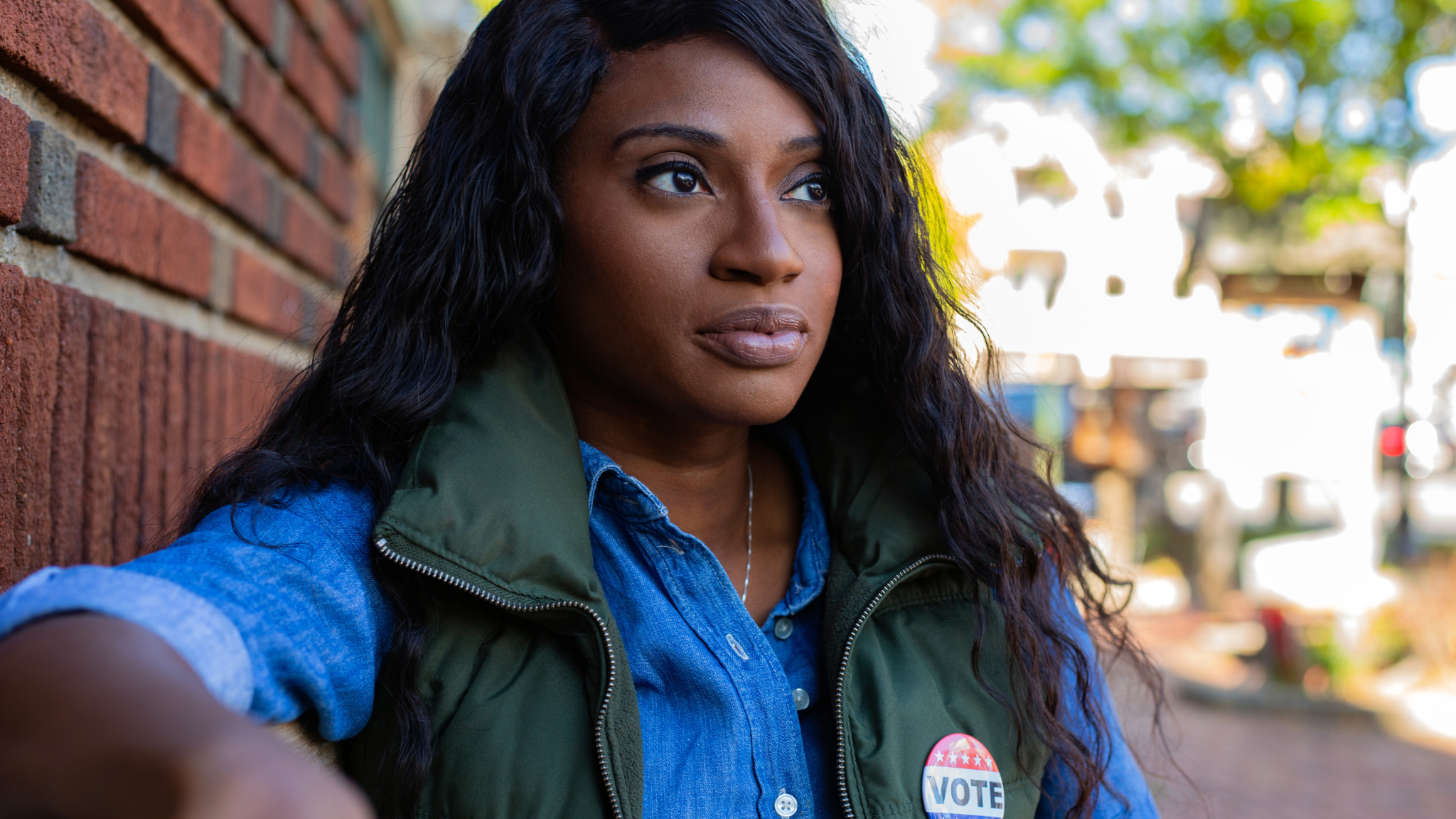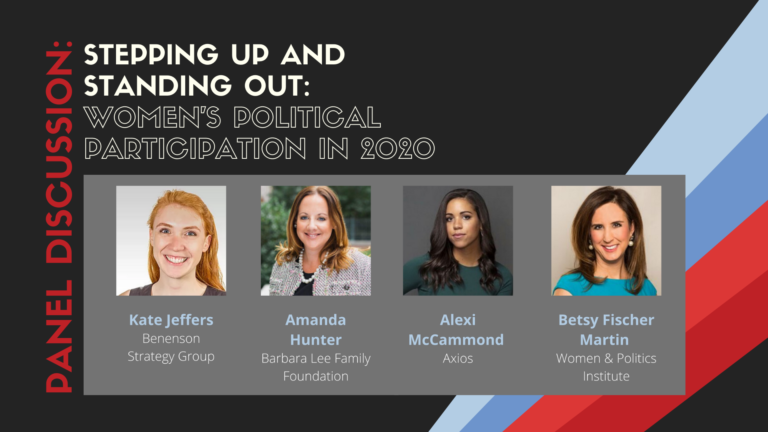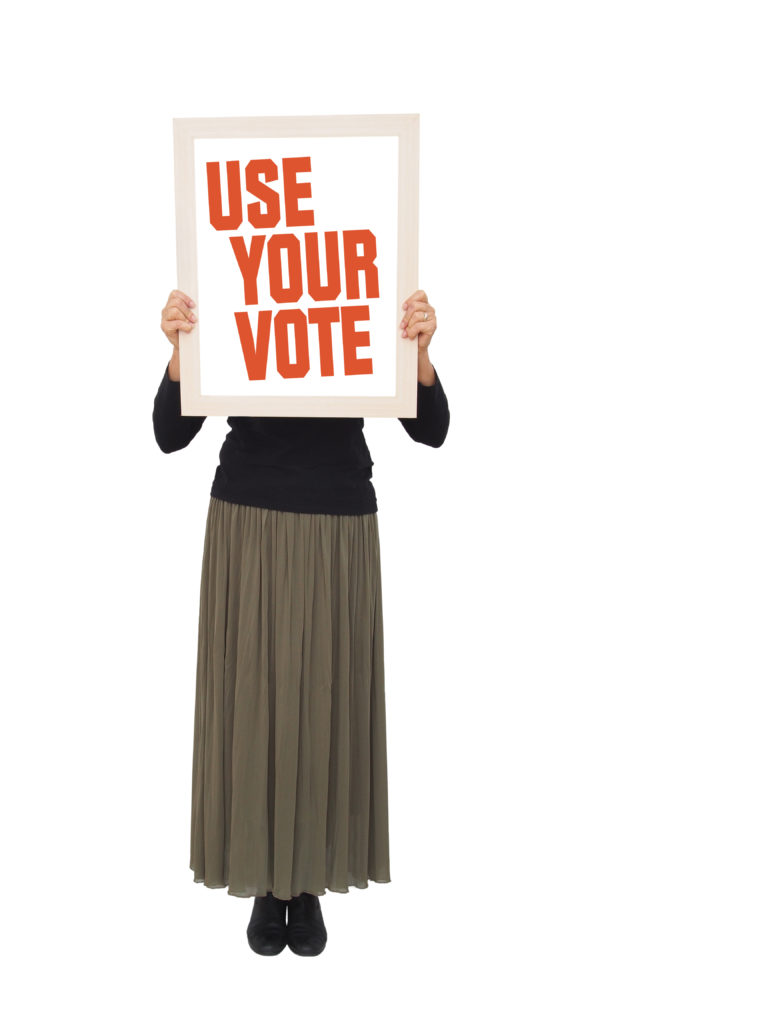In case you couldn’t make it, you can watch the full panel here. On…
More than a Feeling: Women’s Anger and Non-electoral Participation

Women’s views about politics and their feelings about the political process and policies are heightened in this electoral cycle. Our research takes an intersectional lens, which underscores the mutual interlocking systems of marginalization, such as racism and sexism, into examining emotions as a mobilizer for women’s political participation. We find that Black, Latina, Asian American, and White women who are angrier about race relations and racism are more engaged in non-electoral forms of participation than women who are less angry about the state of race relations.
Why is anger about race relations mobilizing for women? Women’s race and gender identities are important for how they understand and engage in politics. Intersectionality is a theory and praxis requiring us to account for the dual and interlocking influence of race and gender on women’s lives. When women experience anger, or fear because of the oppression that their racial group faces, they will engage in more political activities. We’ve witnessed this firsthand. In 2020, many Americans protested the murder of George Floyd and Breanna Taylor through demonstrations. Anger mobilizes Americans to act in politics through non-electoral forms such as protesting, boycotting, and organizing community meetings. Still to this day, women’s anger and fear extend beyond gendered issues – but rather, their racial and gender identity fuels women’s political action in the aftermath of racial injustices. During this election season, our research suggests that women’s emotions around politics will sustain them in non-electoral acts after they cast a ballot.
But also, anger leads to participating in political campaigns, and supporting political candidates. We examined this relationship among Black women, specifically in a national survey of over 2,284 Black women in 2022. We found that anger was associated with increased mobilization in conventional forms of participation, such as working for a political campaign. Not all Black women experienced anger in 2022, but 73% of Black women expressed anger at some point during the campaign. Among women who were angrier about politics, 23% donated to a campaign, 31% posted about politics online, 30% wore campaign paraphernalia, including buttons, and 12% were involved in political campaigns.
Often, pundits use anger and fear to disparage women as being incapable of acting rationally or to exclude women from the formal political process. This narrative proliferated when Hillary Clinton ran for President in 2016 and even when Sarah Palin was the 2008 vice presidential candidate. With Vice President Harris’s presidential campaign, there’s a last-ditch effort by conservative pundits to frame her as angry and irritated after the Fox News interview. Women have to “control” their emotions to thrive in male-dominated politics. The implications of our research are quite different. If women embrace anger and fear, they will engage in politics, often leading to political change.
Women have long been stereotyped as too emotional to engage in politics. However, our research shows that women’s emotions are a driving force in their political participation. Our study indicates that a woman’s social location – not only gender but a woman’s racial group is a driving force in their political behavior.
To learn more about this new research, check out our website.
The study of Black women was funded by the Idol Family Fellowship Program in the Anne Welsh McNulty Institute for Women’s Leadership at Villanova University.






